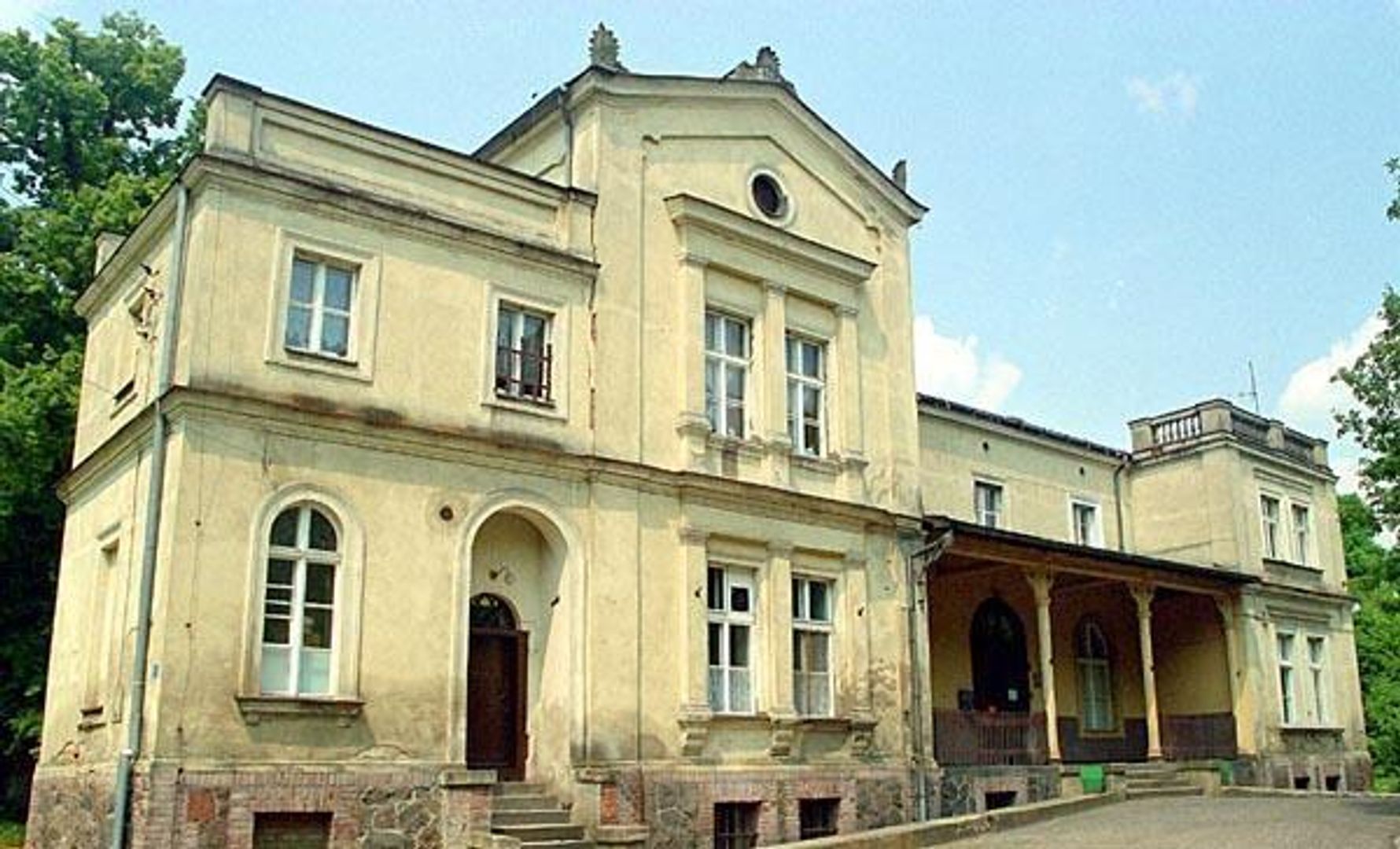Nekla
6.17

Overview
Nekla is a town in the Greater Poland Voivodeship, located along National Road 92, with a population of 3,719 (as of 2017). Its history dates back to 1405, with the first mention referring to a settlement called Niekla, meaning "riverside sandbanks." The town regained its municipal rights in 2000. In the past, Nekla was the seat of several noble families, including the Starczanowskis and Żółtowskis, and held town rights between 1725 and 1793. During this period, new churches and a hospital for the poor were built. After the Second Partition of Poland in 1793, Nekla lost its town rights. Residents actively participated in struggles for independence, including national uprisings. During World War II, the town became the site of a labor camp for Jews, where approximately 200 people perished. After the war, Nekla experienced rapid development, including electrification and the construction of new social facilities such as schools and health centers. The town features historic landmarks, such as the parish church complex from the turn of the 19th century and a 19th-century manor surrounded by a park. Nekla also has a tradition of pilgrimages to Grodziszczko, which began following a cholera epidemic in 1831. In 2021, the eco-friendly amusement park "Elfland" opened in Nekla, and the town serves as the starting point of the Olęder Settlement Trail. In the past, Nekla was home to the sports club Płomień, which ceased operations in 2023 due to an unreported subsidy. Nekla combines a rich history, significant social activity, and preserved architectural heritage, making it an interesting place to visit.
Location
2026 Wizytor | All Rights Reserved